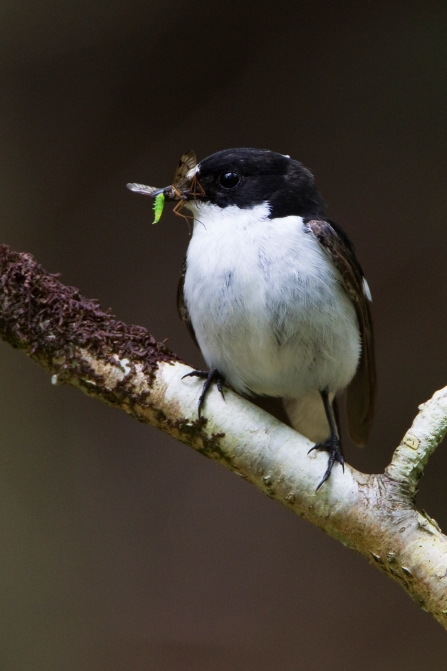The fire at the popular Dartmoor site, downstream of Fingle Bridge, began on the bracken-covered slopes above the valley’s woodland, on Wednesday.
Firefighters from Devon & Somerset Fire and Rescue Service rapidly attended the scene on Wednesday and brought the fire under control. No injuries were reported but birds, butterflies, small mammals and other wildlife were at risk.
One of the UK’s most threatened butterflies, the pearl-bordered fritillary, thrives among the bracken at this Devon Wildlife Trust nature reserve. Ground-nesting birds would have been feeding their young in the area affected by the fire, while a nationally rare flowering plant, toadflax-leaved St John’s wort, is found here too.

